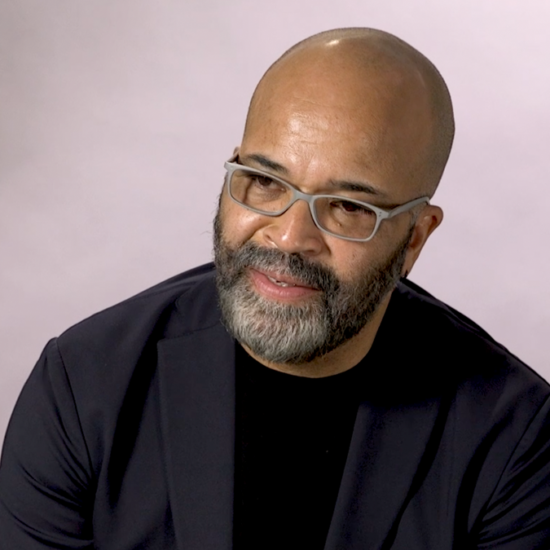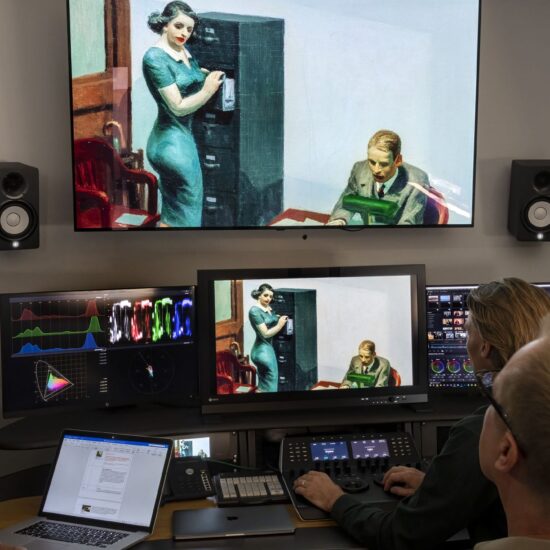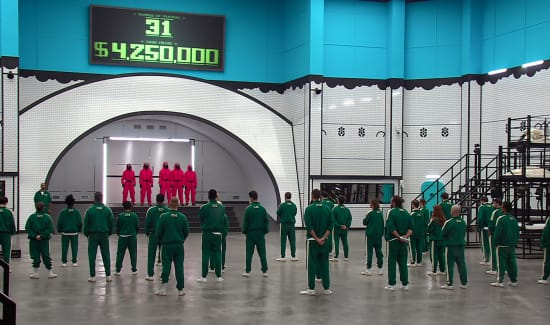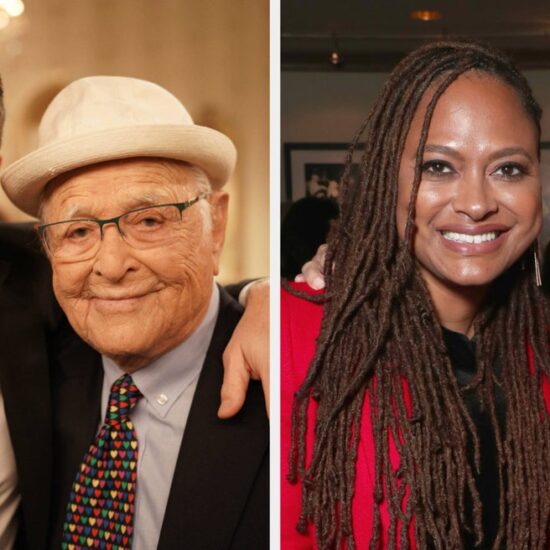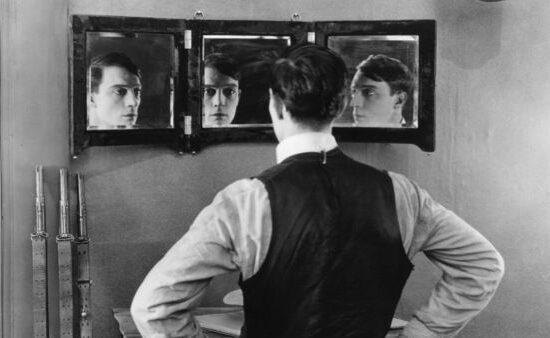
There’s a very short list of people who can say they had an uncle named Groucho. As Harpo Marx’s oldest child, I’m on that list.
Although there’s a beautiful piece of home movie footage of Groucho Marx tossing me around when I was probably around three years old, I have no recollection of that moment. The earliest encounters I can recall with him are those times when my dad brought me to the sets of the later Marx Brothers films. Apart from those visits and the occasional large family gathering, I didn’t spend a lot of time with Groucho when I was a kid.
I really got to know my Uncle Groucho later in life – once I’d become a musician. He always liked to have a piano player nearby – and over the years he’d have people like George Gershwin, Oscar Levant and Harry Ruby accompany him at parties. In the 1960s and 70s, Groucho had slowed down and wasn’t working much. But it was great to occasionally see him singing his wonderful old songs on television – particularly on “The Dick Cavett Show.” During that period, I accompanied him at several parties at his house. Uncle Groucho still had a bit of the old spark left.
When he decided to go on tour in 1972 and play his famous Carnegie Hall concert, he asked me to be his piano player. It was a difficult decision because he was starting to become compromised by old age and some health problems. Ultimately my mother, Susan, advised me not to do it due to Groucho’s condition. I have no regrets and Marvin Hamlisch did a fine job in support of Uncle Groucho, who still wanted to entertain. People were thrilled to see him in any condition, and Groucho could still be pretty great in the early 70s. People were lining up to be insulted by him. He was more famous than at any other time. He was truly a legend, and it’s wonderful that he was around to enjoy that adulation.
Groucho and my dad, Harpo, had a special relationship.
They spoke on the phone almost every day – even if it was just to say they had nothing to say. One afternoon in the late 50s, I was rehearsing some new music with my dad for an album we were about to record. Groucho called and said, “Come over. I want to talk to you about something.” Dad said, “Groucho, hold on a minute, Susan needs me.”
We hopped in the car and drove three minutes to his house. We pulled up and saw him through the window still holding the phone waiting for Harpo to come back on. We rang the bell and went in. Groucho looked at us and said to my father, “You son of a bitch.” They loved pulling gags like that on each other.
Harpo loved watching his favorite television shows and didn’t want to be disturbed when they were on. Of course, he never missed the shows with his dear friends George Burns and Gracie Allen, or Jack Benny. He also loved “The Honeymooners.” And as my mom always enjoyed telling people, “Never call him when ‘Time for Beany’ is on.” Dad loved those “Beany & Cecil” cartoons1.
But the most egregious offense one could commit with Harpo was to disturb him when Groucho’s show, “You Bet Your Life” was on. There had to be silence and no distractions for those 30 minutes each week. Even after 50 years of working with Groucho, Harpo could never get enough of him.
In his house, Groucho had a gallery on the wall with many signed photos of great men he admired, including Harpo. Near the end of his life, he proudly guided me to the gallery and began pointing out these heroes of his, announcing them in a slow halting voice: “Irving Berlin, great songwriter. George S. Kaufman, great playwright. Sam Harris, great producer. Franklin Roosevelt, great actor.” Sadly, it wasn’t a joke. Groucho was starting to noticeably fade.
The last time I played piano for him was at one of his last public appearances.
He was struggling. He’d start one song and abruptly switch to another one after a few lines. This happened a few more times and to my amazement, the audience loved it. They thought he was doing a medley, but he wasn’t. When it was over, he whispered to me, in as sweet a moment as I ever had with him, “I couldn’t have done it without you.”
I’m so pleased to see that Groucho & Cavett has captured some of the magic of Groucho’s later years. I’m proud to say I made a tiny contribution to the film. Director Robert Bader asked me to play a slow melancholy version of “Hooray for Captain Spaulding” while we were recording some music for another project. I had forgotten all about it until I saw the film and recognized something about the music over the closing credits. I’ll just say, he paid me the exact same amount as Uncle Groucho did for playing at those parties. You do the math.
1Editor’s Note: “Time for Beany” was a popular children’s puppet television show in the 40s and 50s. “Beany & Cecil” was a cartoon series based on the puppet show.











